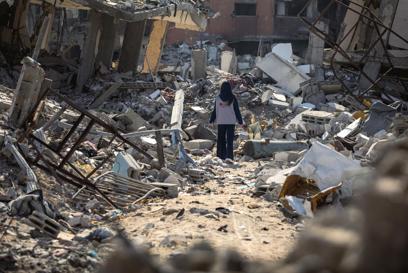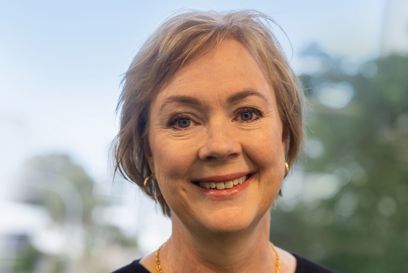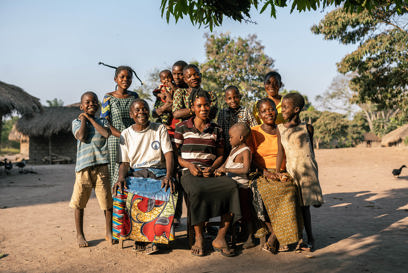“The situation in Afghanistan right now is extremely serious,” said Melville Fernandez, Caritas Australia’s Humanitarian Emergencies Associate Director.
“Since August last year the country has actually deteriorated even further – crops are withering, and a brutal winter has pushed even more people into poverty. The economy is imploding, and the United Nations Development Programme anticipates that without urgent action, 97 per cent of the population will be pushed into extreme poverty by the end of June.”
“We’re looking at an incredibly dire situation – it's likely that 22.8 million people - half of the population - will be acutely food insecure this year, leaving 4.7 million children, pregnant and lactating women at risk of acute malnutrition, according to the World food Programme. This means that Afghanistan is home to the largest population experiencing such extreme levels of hunger in the world.”
On top of this, the COVID-19 pandemic has overwhelmed Afghanistan’s health system. Only five hospitals in Afghanistan still offer COVID-19 treatment, with 33 others forced to close in recent months due to chronic shortages of doctors, medicines and fuel for heating. Less than 27 per cent of the population is vaccinated.
Caritas Australia is working with our partner on the ground, CRS. CRS has been working in Afghanistan since early 2002. CRS is providing emergency cash assistance, food security support and education to the most drought-affected rural communities.
Caritas Australia is currently raising funds to support communities in Afghanistan. Visit caritas.org.au/donate/emergency-appeals/afghanistan/ or call 1800 024 413 toll free to provide much needed support to vulnerable communities in Afghanistan.
Media contact: Jessica Stone 0490 684 867 / jessica.stone@caritas.org.au / caritasmedia@caritas.org.au.
Note:
Melville Fernandez, Caritas Australia’s Humanitarian Emergencies Associate Director is available for interview.
Kevin Hartigan, CRS’s Regional Director for the Middle East and Central Asia is available for interview. He visited Afghanistan late last year to observe programs on the ground.
















